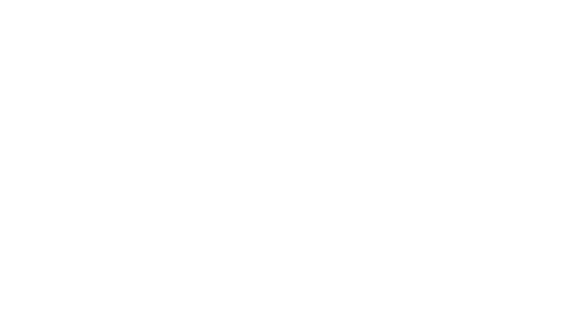Public Sector Unions Bankrupt the Golden State
The City Journal looks at the incestuous relationship between Big Labor and big government in California. The results are not pretty.

The City Journal looks at the incestuous relationship between Big Labor and big government in California. The results are not pretty.

(Source: April 2010 Forced-Unionism Abuses Exposed) By declaring bankruptcy, an insolvent municipality may avoid paying its bondholders anything near what it owes them. It may even succeed in cutting public employees’ health benefits. But it will not succeed in doing one thing that the bankrupt city of Vallejo, California absolutely must do to get back on its feet: Rescind labor policies that encourage healthy municipal employees to retire when they are 50 or 55 with lavish pensions. That is what public-sector union bosses are now out to prove in the Golden State. Two years ago this spring, Vallejo, a seemingly prosperous San Francisco suburb of roughly 120,000 residents, voted to file for Chapter 9 bankruptcy. In 2008, Vallejo’s budget, like those of many other California municipalities, had been driven deep in the red by government union bosses. Union officials wielding monopoly-bargaining power handed to them by state law had driven up taxpayer costs for compensation of public-safety employees and retirees so high that they consumed 74% of Vallejo’s $80-million general budget. Public-safety employee wages, though surely generous, were not the reason municipal spending was out of control. The real culprits were overtime costs, driven by complicated and counterproductive Big Labor work rules, and pension costs, driven primarily by union boss-instigated retirements of employees still in the prime of their lives.
Big labor is a driving force behind the effort to have the government fund “green jobs.” In Spain, a similar effort was a complete and total disaster. And now it appears we are heading toward the same result. The Associated…

Big Labor Official Lashes Out at Opponents of Union-Only PLAs (Source: March 2010 NRTWC Newsletter) Big Labor and its pliant politicians from President Barack Obama on down are facing passionate opposition from ordinary citizens and mounting legal concerns as they…
Forced-Unionism Expansion Bill Would Kill Prospects For Millions (Source: March 2010 NRTWC Newsletter) According to a scientific poll conducted by the respected Research 2000 firm, 81% of Americans who regularly vote in statewide elections believe workers in unionized workplaces who don’t want a union should “have the right to bargain for themselves.” Unfortunately, for three-quarters of a century, federal labor law has actively promoted what Americans, according to the Research 2000 poll and many others, overwhelmingly oppose. The 1935 National Labor Relations Act (NLRA) and the 1934 Railway Labor Act (RLA) amendments hand union officials the power to force millions of workers, union members and nonmembers alike, to accept a union as their “exclusive” (monopoly) bargaining agent in their dealings with their employer. Attack on Secret Ballot Only One Trick in Union Monopolists’ Playbook And this year Congress is very likely to bring up for floor votes legislation that would help Big Labor corral millions of additional workers into unions. Until recently, union strategists’ primary vehicle for expanding private-sector union monopoly bargaining in the current Congress was S.560/H.R.1409, the cynically mislabeled “Employee Free Choice Act.” This legislation is designed to help union bosses sharply increase the share of all workers who are under union monopoly control by effectively ending secret-ballot elections in union organizing campaigns.
Congress Targets Taxpayer Sanctuaries From Big Labor Monopolists (Source: February 2010 NRTWC Newsletter) As a group, taxpayers strongly believe they are worse off with the combination of taxes and public services they get in states in which more than half of…
With California on the brink of bankruptcy, you would think that elected officials would be looking to save taxpayers money rather than paying more than they have to for the cost of construction. You would be wrong.